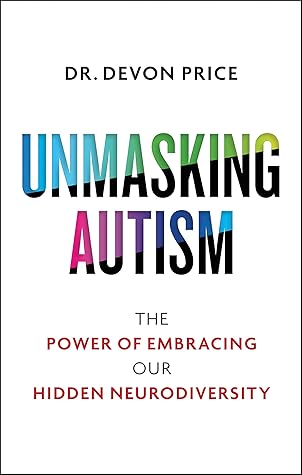More on this book
Community
Kindle Notes & Highlights
by
Devon Price
Started reading
July 27, 2025
when we disengage from our bodies, we miss out on a lot of valuable self-protective physical signals.
So when we’re upset or uncomfortable, we often fail to recognize it until we’re nearly on the verge of a complete meltdown.
many Autistic people (myself included) still need time alone to reflect on how we’re feeling,
In digital communication, Autistic people get the time we need to carefully process a message, google any terms that are unfamiliar, and carefully reflect on how we might want to respond.
Our yearning to be accepted and tendency to downplay our own feelings also leaves us prone to mistreatment.
For others, it takes the form of rationalizing or excusing abuse in private relationships.
by never revealing their own needs or discomfort with other people, fawners spare themselves the risk of rejection.
The connections we do form may never feel satisfying or authentic to who we truly are, because they rely on us meeting people’s needs reflexively and always telling them what we think they want to hear.
Autistic people are at an increased risk of domestic abuse, in part because we tend to be a bit gullible or overly trusting, and are quick to alter ourselves to placate others.58
Since Autistic people often struggle to identify our emotions as well (particularly in the heat of a stressful social interaction), we often have a hard time recognizing when someone’s actions have hurt us or made us uncomfortable. It takes time for me to reflect on how and why someone’s actions might have hurt me.


